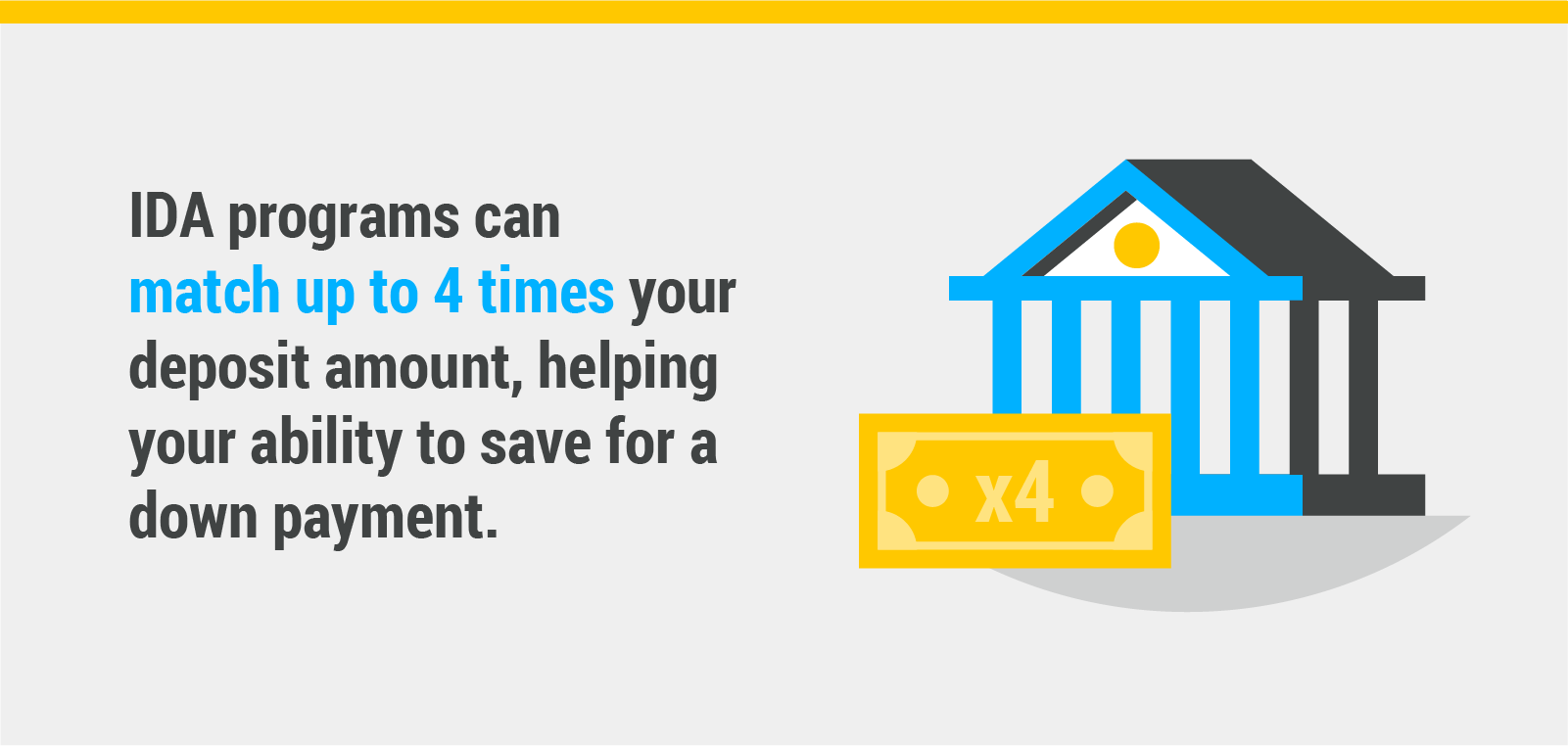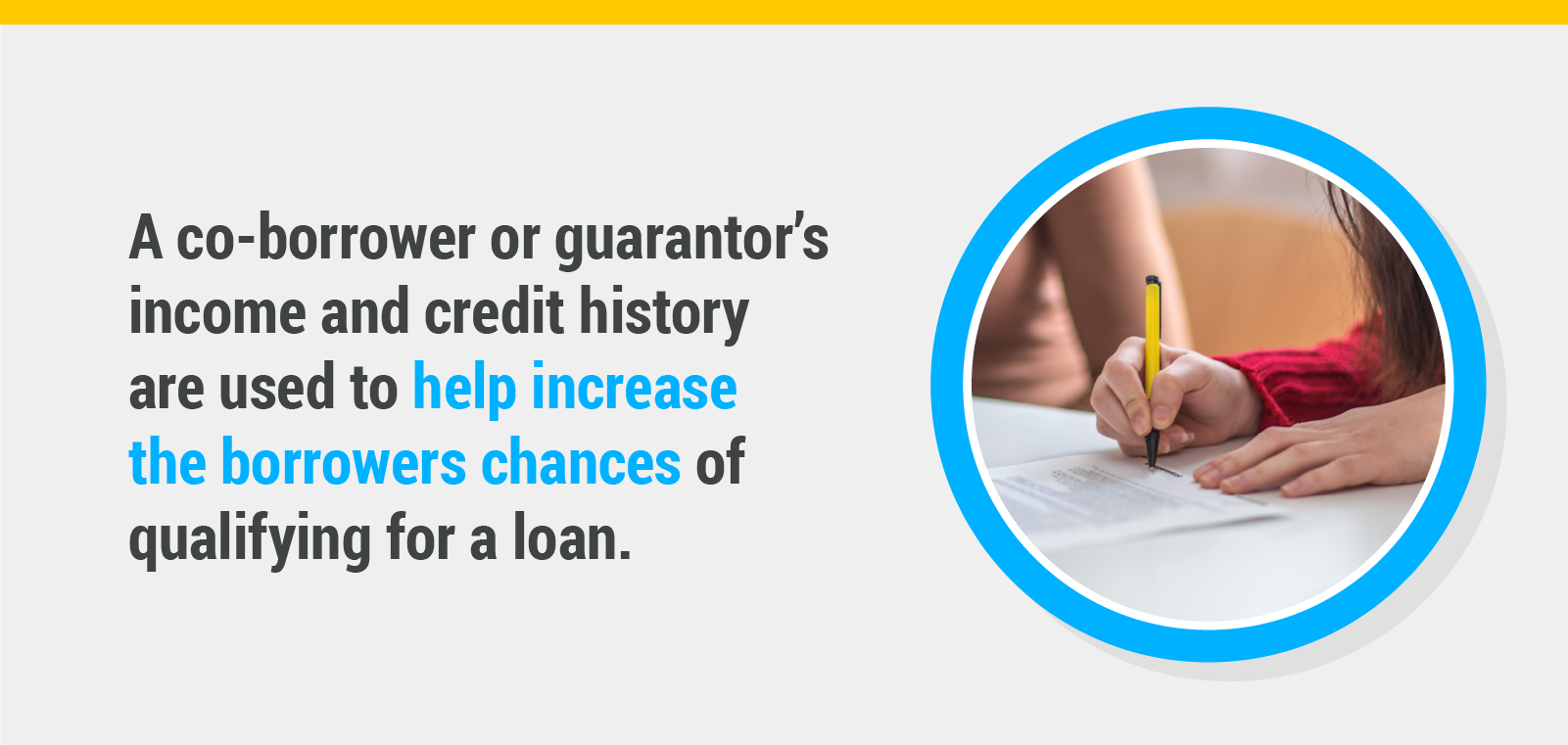Buying a home as a single parent can often feel impossible. With so many other bills and responsibilities to juggle, and not having the added luxury of a two-income household, many parents may feel like their dreams of owning a home can’t be achieved.
Nonetheless, 26 percent of homebuyers in 2020 were single buyers, showing that single-income households can make the jump into homeownership.
According to the U.S Census Bureau, over 10 million children were living in single-parent households in 2020. Though single parents may face more challenges than a two-parent household, there are many programs, resources and affordable mortgage options available to them to help them reach their homeownership goal.
Yes, single parents can get a home loan. As long as you meet the requirements needed for the loan you’re applying for, there should be no problem qualifying.
Because of the lack of knowledge around affordable home loans and programs, many single parents wait to buy a home. Though waiting can help you save for a larger down payment, most of these programs help cover the down payment costs or require less than 20 percent down.
Of course, single earners applying for a home loan still need to meet typical credit and income requirements, which can vary from lender to lender.
Income requirements vary depending on the type of home loan and the lender. Lenders will look at your monthly income, as well as other important factors like your debt-to-income ratio and credit score. The biggest things your lenders will look at are your gross monthly income and your major debts. If you have other forms of income, such as child support payments, they’ll also consider those.
Your DTI ratio is very important, because it shows lenders how much you can afford and your ability to pay back your loan. With many millennial homebuyers starting families and entering the home buying market, taking all of your debts into account will help you determine your affordability.
To calculate your DTI ratio, divide your total monthly recurring debts by your total monthly household income. If you’re afraid you won’t meet the income requirements to qualify for a mortgage, there are assistance programs available to help parents with low-to-moderate incomes.
Our affordability calculator can help you determine your income requirements based on your desired monthly payment and affordability.
Though it may seem like a challenge, many loans and programs are available to single parents looking to purchase a home independently. Here are our top tips for guiding single-parent first-time buyers:
An FHA loan is one of the most affordable loans you can get, while also being one of the easiest to qualify for. Because an FHA loan doesn’t require a large down payment, it makes it easier for those depending on a single income to qualify. FHA loans require a 3.5 percent down payment if your credit score is at or above 580.
Those with credit scores below 580 are still eligible but will be required to pay a 10 percent down payment. This makes it great for single-parent households who don’t have the dependability of a credit score average from a two-person household.
To qualify for an FHA loan, you must be a first-time homebuyer or have not owned a home for three years. If you’re a parent who previously owned a home with your ex-spouse, you may still be eligible to qualify as a first-time homebuyer loan as long as the home with your ex-spouse was the only residence you have ever owned.
Aside from an FHA loan, there are many payment assistance programs available to single-income buyers at the local and state level. These programs are funded by the Department of Housing and Urban Development (HUD) and offer grants to help with down payments and closing costs; they can even connect you with advisors to answer all of your home buying and mortgage questions.
These programs are used for low- to moderate-income households, making them perfect for single-parent families. As a first-time homebuyer, you may even be able to use these assistance programs in conjunction with your FHA benefits.
Check out our first-time homebuyer state directory to learn more about the programs and resources offered in your area.
Individual Development Accounts (IDAs) are great for single parents worried about being able to afford a down payment. IDAs are accounts used to help individuals with low incomes save for big financial milestones, like purchasing a home. Most IDA programs match one to four times your deposit amount, sometimes more.
Every time you deposit money into your savings account, your IDA program will match that amount. IDAs are typically government-funded and run by non-profit organizations or banks and credit unions. These accounts do have specific requirements and income limits to qualify. These requirements include:
Requirements may vary depending on who is funding your IDA. Prosperity Now is a helpful website that can help you find organizations offering IDA programs in your area. IDAs are a great way for single parents to start building their savings, while still being able to afford their monthly household expenses.

Mortgage credit certificates (MCCs) help single-parent first-time homebuyers who are in lower tax brackets offset some of their mortgage costs to increase their housing affordability. MCCs are issued by mortgage lenders or loan brokers and come in the form of a tax credit.
Buyers are eligible to receive a dollar-for-dollar credit to receive a portion of their mortgage interest back. Borrowers must meet the specified requirements to qualify for an MCC, and these requirements may vary from state to state.
It is recommended that you consult your mortgage lender before trying to qualify for an MCC, as there can be some pushback regarding these types of programs that could affect your taxes in the future. MCCs are great for single-parent first-time homebuyers as they allow borrowers who rely on a single income to afford a home and monthly payment.
Since many payment assistance programs are geared towards lower-income borrowers, which you may not qualify for, there are many other programs available that you may fit the qualifications for.
For example, single parents who are Veterans can qualify for a VA loan. VA loans require no down payment or mortgage insurance, which can be a huge saving cost to parents. VA loans typically require a credit score between 580 and 620, but this could vary since lenders offering VA loans set their credit requirements.
Parents living in rural areas can also qualify for USDA loans. USDA loans require no down payment and have more affordable insurance premiums than traditional loans. You will need a minimum credit score of 640 and must purchase a home in a qualified area.
There are also other programs available to teachers, first responders and law enforcement workers, like HUD’s Good Neighbor Next Door program.
Since single parents typically rely on one source of income, it may be a good idea to protect the income you do have. Income protection insurance is available and can help pay the cost of your mortgage or other monthly payments should an unexpected event disrupt your regular income. Having this will show lenders that you will still be able to service the loan should anything happen to you and your income.
Should an unexpected injury or sickness occur, check to see if your employer provides disability insurance to help cover your wages while you are out of work. While some borrowers may not have the means to pay for the extra insurance payment, it is very smart for single-parent first-time homebuyers to have.
Having a co-borrower or guarantor on the loan can help single parents relying on one income boost their chances of qualifying for a mortgage.
The lender will be able to look at the other person's credit, income and any other assets in addition to yours. This helps those worried about qualifying for a loan on just their income and credit alone. Having a co-borrower or guarantor can help you qualify for better interest rates as a single-parent buyer.
Co-borrowers are responsible for paying back the loan should you be unable to pay for any reason. Being a co-borrower is a huge commitment, so make sure it’s someone you trust and they are aware of all of the consequences.


Sticking to a budget is essential and will help you figure out your expenses leading up to purchasing a home, but it can often be challenging to balance as a single parent.
Prioritize your needs over wants and make sure you’re able to comfortably afford a mortgage payment without having to make any drastic sacrifices. Getting pre-qualified is great for single-parent buyers as it allows you to determine an exact price range of homes you would be able to afford once you dive into home searching.
Mortgage reserves are similar to emergency funds and show lenders you have money saved after closing. Should you have a loss of income, mortgage reserves are a way of assuring lenders that you would still have enough funds to cover the cost of your loan.
It’s recommended to have at least three months’ worth of mortgage payments saved. If you have a trust fund, bonds, stocks or any other liquid assets that can quickly be turned into cash, lenders will also accept those.
Some lenders may not require you to have mortgage reserves, but as a single-income borrower, they might need extra reassurance. If you’re able to afford it, it’s always smart to have. Having these savings set aside can also help you cover unexpected expenses associated with the move should they occur.
When moving closer towards the purchase of a home, you can ask the seller about seller concessions. Seller concessions are when the seller pays for all or a portion of the closing costs. Closing costs can range anywhere from two to five percent of the loan amount, which means buyers will have to save additional funds to cover those costs.
When buying a home on a single income, any cost savings will be helpful in your home buying journey. This is up to the seller and they may not be willing to budge, but it’s always worth a shot.
Buying a home is no easy process, but when you’re a single parent relying on one income, the process can seem even more challenging. Luckily with so many options available for single parents, homeownership is a possibility. If you’re a single parent looking to qualify for a low down payment mortgage, check your eligibility for an FHA loan today.